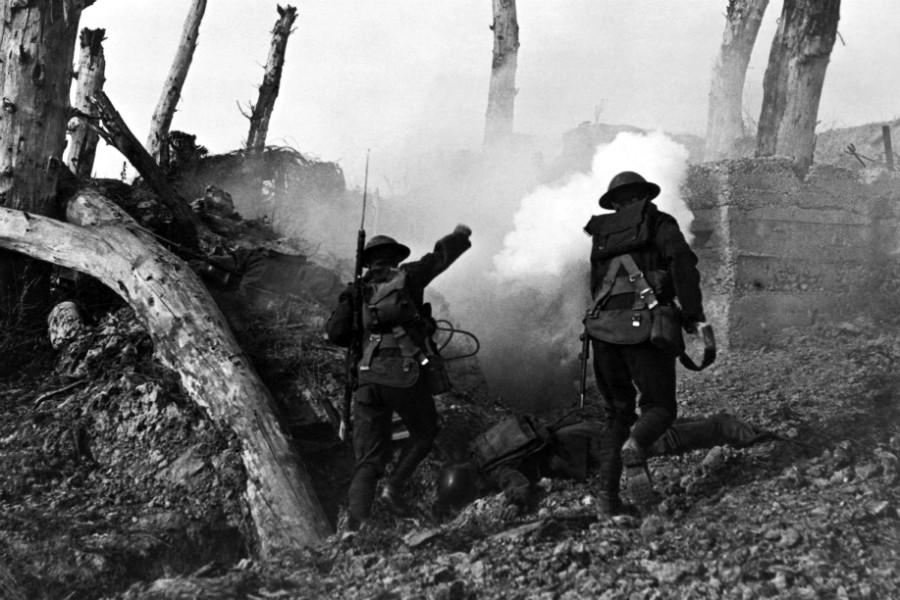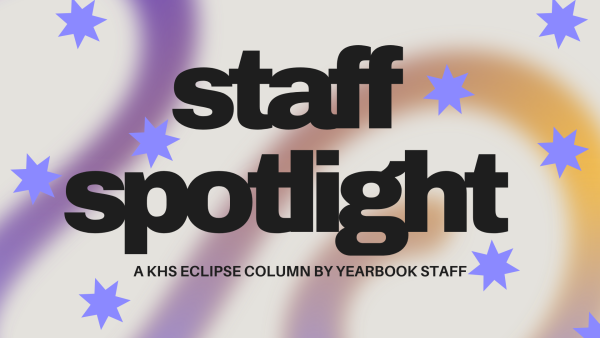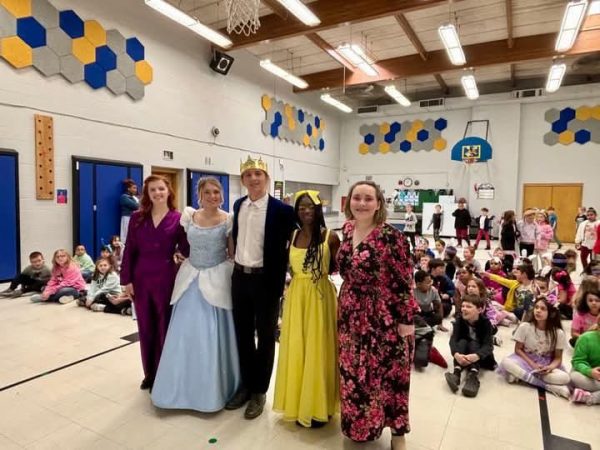Since its veterans have passed, we must remember the Great War
IMAGE / Courtesy of Wikimedia Commons
Two American soldiers charge a German machine gun bunker in 1918.
Today in Northern France, if you were to visit a freshly-plowed field, you would find small jagged pieces of rusted metal, sitting as if placed there by a person.
In some cases, you will come upon an old artillery shell, rusted helmet, or a grenade.
These are the everlasting reminders of the First World War. It is estimated the battlefields of the Western Front in France and Belgium will continue to yield artifacts of the war for another 200-300 years.
From 2014 to 2018, many countries around the world will be commemorating the 100th anniversary of World War I, a war that claimed the lives of over 17 million people.
This year marks the 100th anniversary of some of the war’s most important events, including the Battle of the Somme, where over 20,000 British soldiers fell on the first day of battle.
However, people do not seem to remember World War I. The war is largely forgotten in the public eye.
This is due to many reasons. World War I was not as destructive as World War II. Technology was not as advanced during the war, and there are not as many films or books written about the war since it ended.
But perhaps the biggest reason is that no World War I veterans remain alive today to share their stories.
When our parents were growing up in the 1980s and 1990s, World War I veterans were in their twilight years, most of them over 90 years of age. Not many of our parents got the chance to talk to a World War I veteran and tell their stories to us.
When my class, the Class of 2017, was born in 1998 and 1999, it was estimated that around 7,000 American World War I veterans survived. By 2003, the number had dropped down to only 200 survivors.
America’s last veteran, Frank Buckles, died in 2011 at the age of 110. Buckles was the last of over 4 million Americans to serve in the American military during World War I.
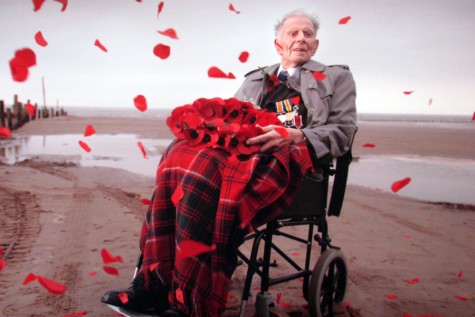
Mr. Harry Patch, the last surviving combat veteran of the trenches of World War I, died in 2009. He was 111.
The last veteran who experienced the horrors of trench warfare on the Western Front, British veteran Harry Patch, died in 2009 at the age of 111.
Patch was conscripted into the British Army and was wounded at the Battle of Passchendaele in 1917 while serving as part of a machine gun crew.
His German counterpart, Erich Kästner, died in 2008 at the age of 107. Kästner served as a rifleman in the German Army and saw action in the trenches of the Western Front.
Kästner also served as a major in the Luftwaffe during World War II.
The last surviving veteran of any country was a British woman named Florence Green. Green died in 2012, aged 110.
With Green’s death, the final tie to the generation that fought in World War I was cut forever.
A generation of 65 million men and women that experienced the horrors of mustard gas, machine guns, and biplanes passed into history.
With no living veterans of the war left to remember it, who would bother to remember it?
One might even ask, “Why should we care about a war that happened 100 years ago anyway?”
The answer is simple: We should care about this war because it ultimately changed the path of history.
World War I came at a time when the old monarchies of Europe found themselves using old tactics mixed with new destructive weapons of war, creating a recipe for mass destruction.
The small blunders of generals turned French and Belgian towns like Verdun and Ypres into literal meat grinders, with each side throwing men into the fray to bleed each other dry.
The carnage was so horrible that even today, 100 years on, we are still recovering bodies from the battlefields.
In Verdun, France, there is a place called the Douaumont Ossuary, overlooking the Verdun battlefield. The names of the missing French soldiers who died during the Battle of Verdun and were not found are recorded on the walls.
However, if you were to look through some of the small windows inside the ossuary, you would see the remains of over 130,000 unidentified French and German soldiers who fell during the battle that rest inside the walls.
When a body is found on the Verdun battlefield, it is taken here, to lie with other unidentifiable soldiers.
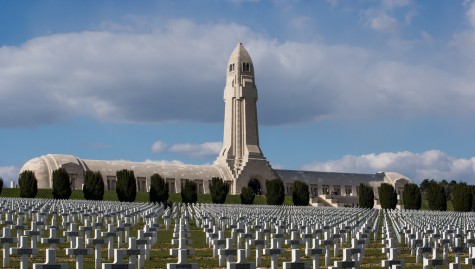
The Douaumont Ossuary overlooks the graves of French soldiers who were killed during the 1916 Battle of Verdun.
The Douaumont Ossuary itself is a testament as to why we must remember World War I and never forget.
We must not forget those who died in a pointless conflict that could have been avoided through diplomacy and not conflict.
Every Nov. 11, on the day the Armistice went into effect, ending the war in 1918, I remember my great-great uncle, Sgt. Clark McCormick, who served in the U.S. Army.
Only 10 days before the war’s end, he lead a platoon of soldiers and captured two German machine guns in Northern France.
He was awarded the Croix De Guerre, a French decoration, and the Distinguished Service Cross, a medal so highly honored that the only medal higher than it is the Medal of Honor.
What my great-great uncle and his comrades did “Over There” during World War I must not be forgotten.
Lest we forget.
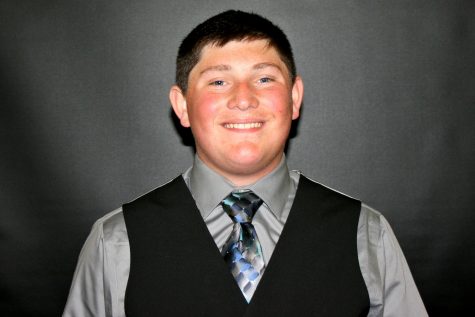
Senior
Birthday: April 8, 1999
Extracurricular activities: Robotics, quiz bowl
Hobbies: WWI, WWII, and Civil War reenacting; marching band
...

